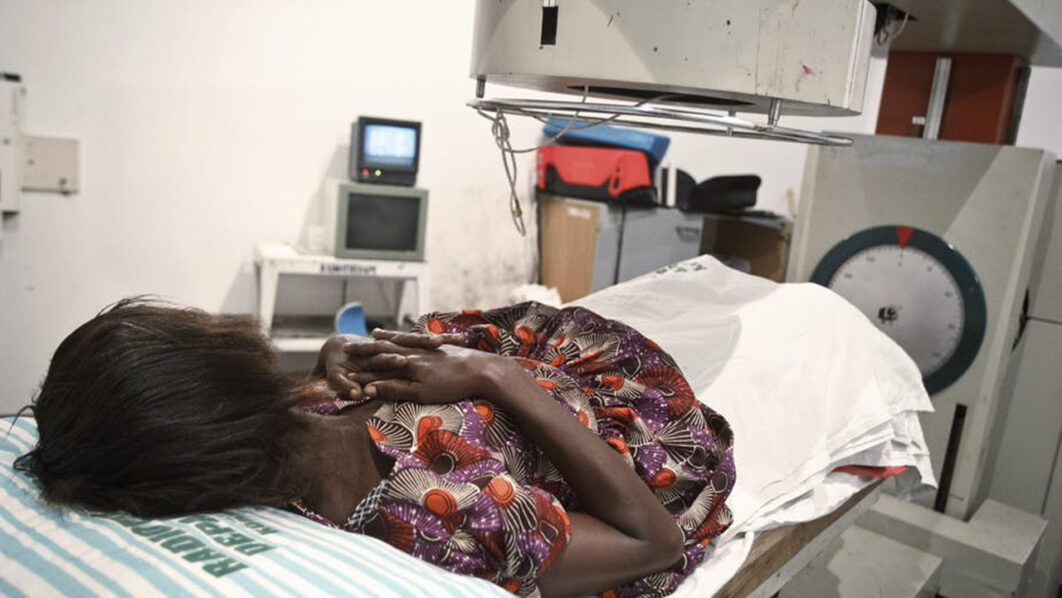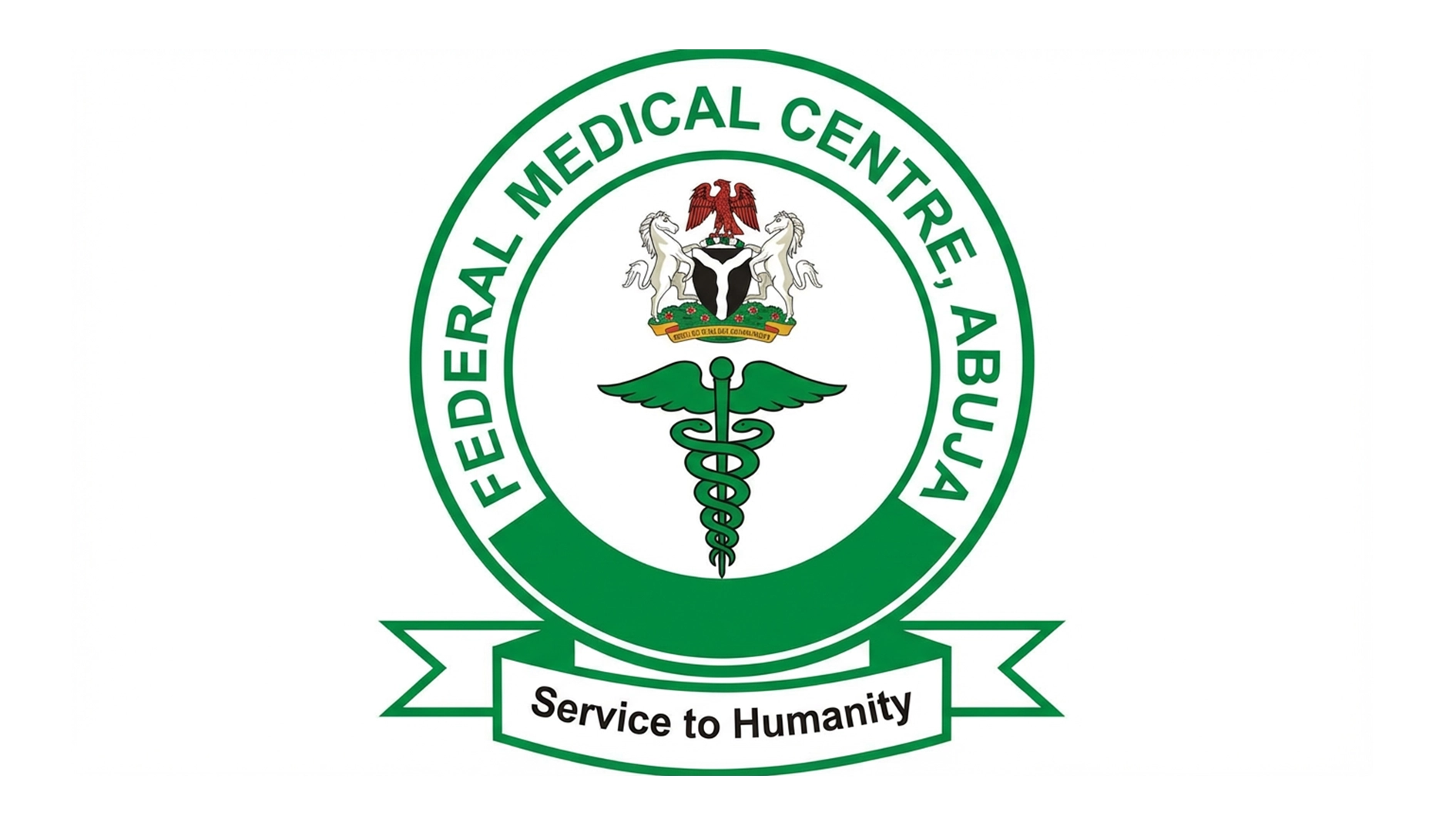
Nigeria’s healthcare delivery system is on oxygen, especially the public sector. This is because the sector is grappling with a lot of issues ranging from poor funding to lackadaisical attitude of healthcare workers, frequent diseases outbreak, and exodus of medical professionals. Adding to that crisis is the influx of fake and substandard drugs. And many Nigerians have been hard hit by this menace.
According to medical experts, some of the health issues ranging from loss of sight and hearing defects as well as kidney and liver issues are product of the consumption of substandard drugs or abuse, thereof, by patients.
In a report, recently, the United Nations Office on Drugs and Crime (UNODC) revealed that substandard drugs kill 500,000 persons in sub-Saharan Africa each year, just as 267,000 deaths per year were attributed to falsify and substandard anti-malarial medicines.
Also, about 169,271 deaths are associated with falsified and substandard antibiotics used to treat severe pneumonia in children. Counterfeit drugs are a deadly and growing problem globally, particularly, in developing nations where supply chain security is limited, thereby, undermining progress towards meeting the United Nation’s Sustainable Development Goals (SDGs).
Worthy to mention is that while the National Agencies for Food and Drug Administration and Control (NAFDAC) disclosed that not more than 15 per cent prevalence of fake and substandard drugs are available in the country, a report in Bayero University, Kano’s Journal of Basic and Clinical Sciences (2017) stated that between 41 and 50 per cent of drugs in Nigeria were substandard. The World Health Organisation also said that one in 10 medical products circulating in developing nations is substandard.
It is, therefore, not surprising that cancer survivors in Nigeria are raising the alarm about fake and substandard products, especially as it not only compounding the crisis around receiving adequate healthcare and its cost but also leading to the mortality of many patients.
Reason, they are appealing to the Federal Government to take drastic measures to combat fake and counterfeit drugs within the system, which seems to be on the increase.
The President of Network of People Impacted by Cancer in Nigeria (NePiCiN), Mrs. Gloria Orji, observed that the undesirable reactions and inactivity of fake drugs have the potential of causing the death of patients reason government, its agencies and other critical stakeholders should take concerted efforts to help cancer patients and survivors from coming down from counterfeit drugs.
According to Orji, substandard and fake drugs compound the health situation of cancer patients aside from draining their earnings as they are made to spend more on treatment.
Orji further said: “We are not just battling the cost of drugs, and bad system, we are also battling to get money to buy the drug but locked in the crisis of likely not getting value for money for the drug bought. And we are talking about life where you do not have a second chance.
“The issue about fake drug should be in the front burner because of the negative impact but nobody seems to be talking about it. Some of the drugs with little difference in terms of cost to the original are put out as being good for patients who do not know the difference until they have consumed it and begin to experience the negative reactions and consequences. And taking appropriate drugs is an important issue in cancer care.
“The economic effect is quite devastating because after using the drug, when it is not having the expected impact on the patient’s health; it will affect the patient economically as the patient is compelled to buy another dose of drug. So, it does a lot of harm with no good. Also, it makes the doctors to be confused wondering why the drugs they are administering on the patients is not having the projected outcome and they may not know they are applying fake drugs and would probably want to apply a drug with a higher dosage or switch to another drug that is more expensive than the one already bought. So, the patient spends more than should have been spent on medication.” Providing some personal insight to the crisis, she said that she took a fake hormonal drug post-diagnosis in 2013, which complicated her case.
According to her, while she was lucky to survive after taking some dose of counterfeit drugs, many others were not fortunate to survive, as they died as a result of that act.
As a way forward, she suggested sourcing of drugs from manufacturers by government agencies, just as drugs should only be purchased within the pharmacies within the healthcare facilities.
“We are talking about life here. Any mistake is costly. If the government puts its feet down we can get it right. There are so many agencies like National Agencies for Food and Drug Administration and Control (NAFDAC), Federal Competition and Consumer Protection Commission (FCCPC), and National Health Insurance Authority (NHIA) which I believe could be used to get those drugs from the source.
“When we go to the hospital, all medications are expected to be sourced within the hospital as patients are not allowed to source for the drugs themselves.
“NHIA should ensure that the medications are sourced directly from the manufacturers; by doing this, patients have been saved from the risk of fake drugs. These are the policies that the government should think of adopting.
“You need to be aware that non-pharmacists are beginning to act as agents to sell these drugs and this is because national hospitals allow these drugs to come in from wherever.
“The government should be decisive on this. If we notice, most cancer cases result in death but if we do proper research, we will discover that the cause of the death in some cases is not the cancer itself, but counterfeit drugs consumed by the patients.
“I also believe that if the government puts their foot down, they can get it right. The National Health Insurance Authority (NHIA) can be used to get these drugs from source, such that patients can get all drugs from the hospital and are not allowed to go outside. That is how it should be. At the national hospitals, there are oncology pharmacies. Why can’t drugs be stocked because it explains why people go out to get fake drugs.”
Orji argued that lack of reliable data about cancer and health issues generally in Nigeria seems to hugely contribute to the poor cancer management in the country and the attention paid to cancer care by critical stakeholders.
In most cases, she said: “We are left with the data and statistic provided by World Health Organisation (WHO). As of 2020, out of a million deaths, 20 per cent of deaths are caused by counterfeit drugs. And it seems to be increasing and it is not being checked. As we speak, one out of every six medications in Nigeria is said to be fake. That is how bad it is,” she observed.
Also commenting, a member of NePiCiN, Dozie Akwarandu, bemoaned the negative impact of counterfeit drugs, especially as it is often responsible for the increasing rate of drug resistance, impairing cancer patients’ treatment.
Akwarandu, who as well shared his personal experience with taking substandard pain relief drugs, stressed the importance of stepping up the battle against fake drugs in order to rid the country of such drugs.
“People under treatment rather than getting better, they get worse as a result of fake drugs. One of the pain relievers that I got, after taking the drug, I lost consciousness. And it was later that I discovered that it was the drug that caused it, because it was fake. Most of the counterfeit drugs have ingredients more than required or no ingredients at all and the negative impact affects not just the patients, but also affects the manufacturers, distributors one way or the other, especially revenue, but it negatively affects the patients majorly.”
Akwarandu, however, stated that the issue of drug counterfeiting is not limited to Nigeria, stating it is a global problem. He noted that the World Health Organisation as of 2017 estimated that fake drugs accounted for 10.5 per cent of drugs worldwide with middle-income countries contributing a higher percentage to the production of counterfeit medicines.
He, therefore, implored agencies like NAFDAC, FCCPC and SON among others to work assiduously and collaborate to halt the circulation of fake drugs in the country aside ensuring that the processes of manufacturing, packaging, warehousing and supply are not just monitored but also tracked.
He also suggested stringent implementation of extant laws and the deployment of technology, as they would go a long way in preventing fake and substandard drugs from being available for consumption.






